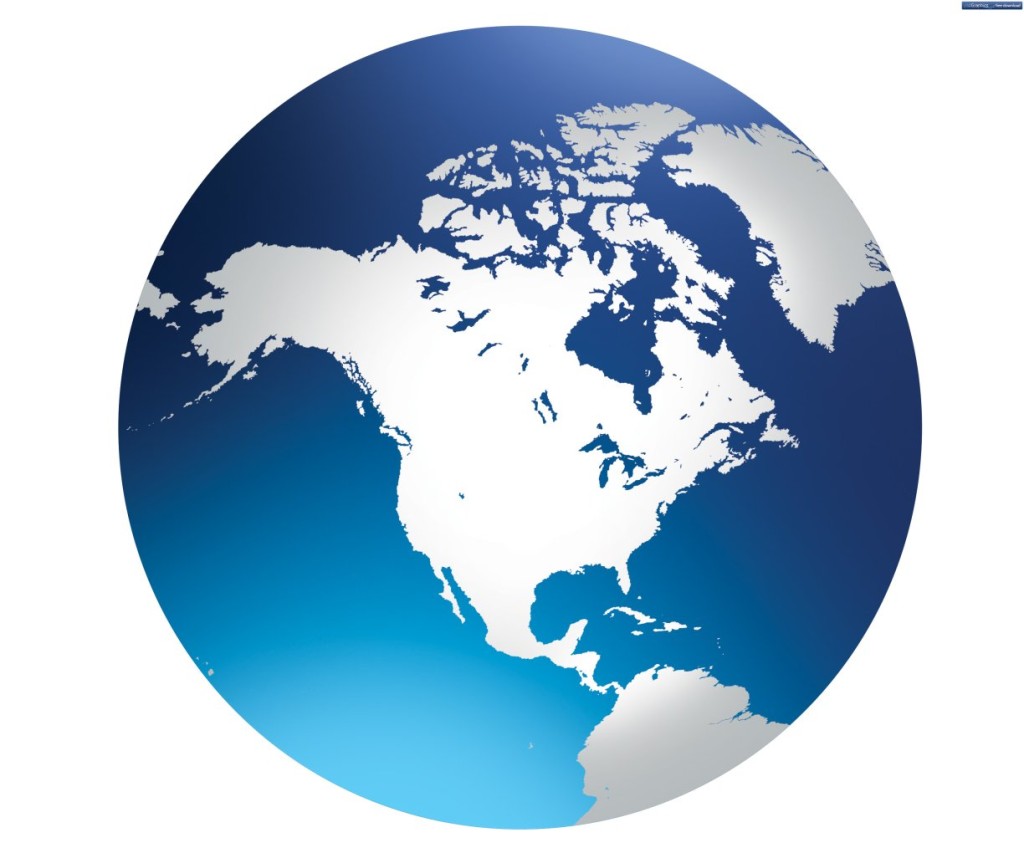America Come Lately: Why? February 11, 2011
Author: Beach Combing | in : Medieval , trackbackForget Moses praying in the Desert, Luther getting temperamental at Wittenberg, the sword of Islam lifting above Medina, the signing of the Bill of Rights, the opening of the Bridgewater Canal and the explosion of Little Boy at Hiroshima. In the last three thousand years by far the most important historical event was the discovery of America in the late fifteenth century. The Columbian Exchange whereby microbes from European pigs, horses and goats arrived in the New World and corn, pineapple, tomato, potatoes and a hundred other goodies came to Europe is the pivot in western history and the suprising fulfilment of the sterile dreams of the Renaissance. Christian Europe suddenly found itself able to match its own opinion of itself and conquer the world: while the surge of wealth to the west of the continent broke Europe’s limiting embrace with the Mediterranean and made backwaters out of tired old Greece and Italy.
But, Beachcombing found himself wondering the other day, why America came on the scene so late. It is true that the Americas are a long way from both the coast of China and from the coast of Ireland. But to get to the promised land from Euroasia there is no need to cross thousand of miles of water without land-calls. Both in the Asian and European north there are stepping stones that lead to the fresh green breast of the New World. From Scotland it is two or three days sailing to the Faeroes, then a couple more to Iceland, a week more to Greenland and then you are practically in Labrador. Likewise getting from China to Alaska might take a long time. But it would rarely (if ever) be necessary to lose sight of land if you passed up past Mongolia and then from island to island. Indeed, if the world had been designed for a strategy game Beachcombing would be nodding his head in pleasure.
And, of course, the easy answer is that the Americas were discovered long before the fifteenth century. In the east there are clues that sub-arctic peoples crossed between the two worlds and hints that southern peoples may have made similar casual journeys: you do not have to believe in Chinese treasure fleets to accept that Asians were in parts of Arctic America long before Columbus.
On the other side of the Americas we have absolute proof in the Viking sagas and Canadian soil that the northerners came and conquered – at least for a while. But nothing permanent came of either of these early penetrations into the New World. Indeed, the experience in northern Europe is the withering of the Norse outreach: even the Greenland colonies disappear in the end.
The bottom line is that discovery has to involve more than getting there. It also means getting back and then convincing a dominant regional culture that what you found is really there.
But again why did it take so long for Euro-Asia to work out that America was out there? Columbus, after all, died believing that he had discovered Asia.
Well, the usual answer is that the time was not ripe. The Vikings arrived in the New World with military technology that was hardly more impressive than that employed by the Inuit. And Beachcombing concedes that there might be something in this. But what he finds most impressive is the way in which knowledge was lost or rather went nowhere. Let him concentrate here on the European passage to the New World. It is true that the Vikings probably gave up their attempt to colonise what is today Canada in the eleventh century: they may in the end have been there for less than a decade. But it is inconceivable that the Vikings in Greenland forgot what lay to the west. They presumably sometimes visited the western lands for timber as had their ancestors: they certainly saw birds flying towards the New World and their fishing vessels would have come or be blown close from time to time. The Western Settlement in Greenland vanishes in about 1350 and the Eastern Settlement in about 1450. But a mere fifty years before Columbus sailed the ocean blue there were Norse speakers in the far north who, without any doubt, knew that there were huge territories to the west. Beachcombing cannot be as emphatic about those who came after. But it is probable that memories of this filtered down as late as 1492 in the sailing communities of northern Europe: not least because of the existence of the sagas.
Yet what is extraordinary is that there is no proof that Columbus got any useful information from the Viking north. Perhaps what these last paragraphs have been about is a Beachcombian obsession: the surprising impermeability of culture and the difficulty of carrying knowledge across cultural lines.
Any other explanations? Beachcombing is particularly interested in evidence from the Pacific side and any medieval crossings via Alaska: drbeachcombing AT yahoo DOT com
***
13 Feb 2011: The great Steve Muhlberger writes in with some astute points ‘Does anyone listen to Greenlanders today? And the far east of Siberia is indeed far from just about everybody.’ The first point pretty much confirms what Beach has been saying: if Greenlanders discovered a way, say, to cure aids today how many decades before the world would start listening? Thanks Steve!



